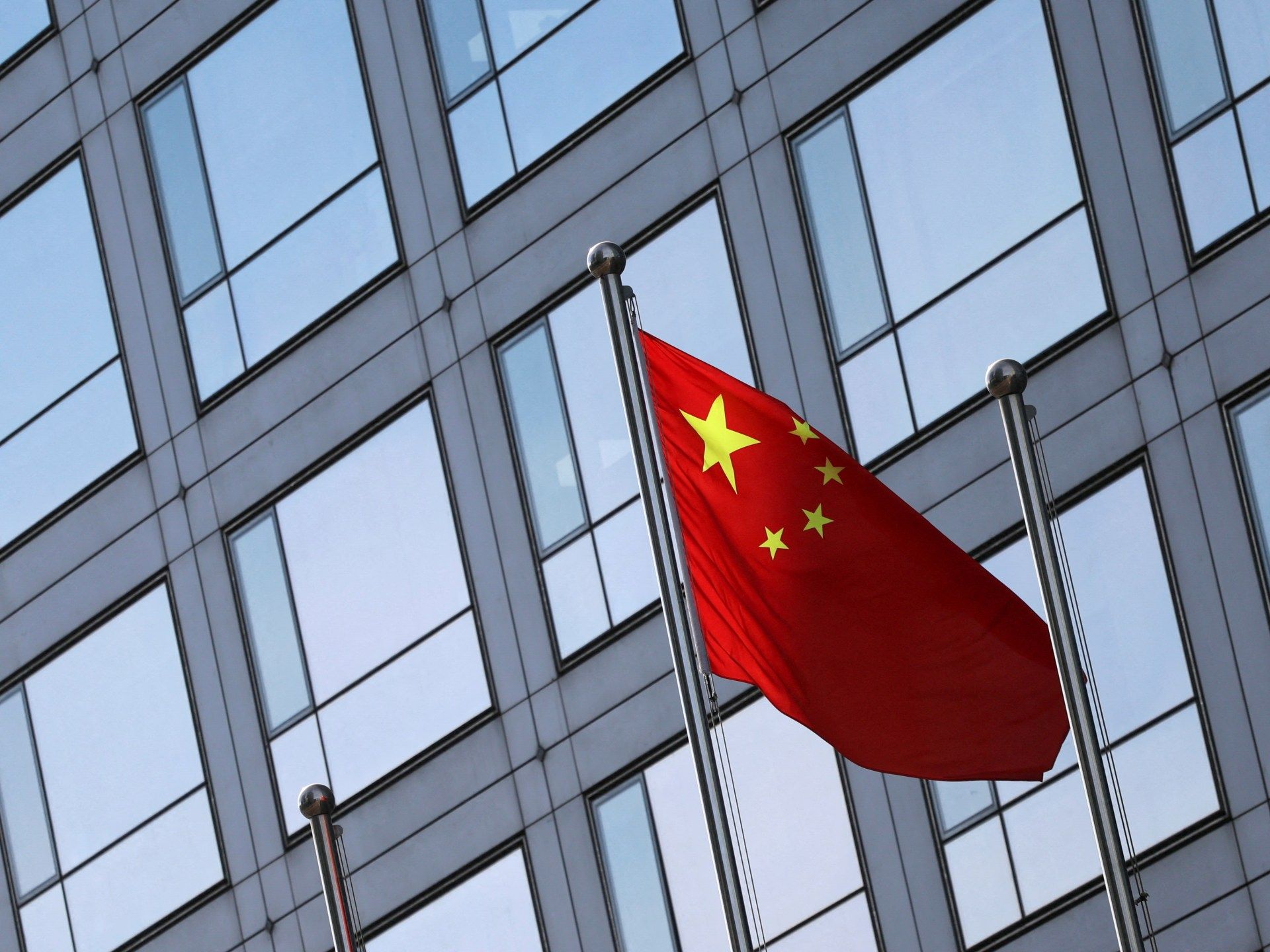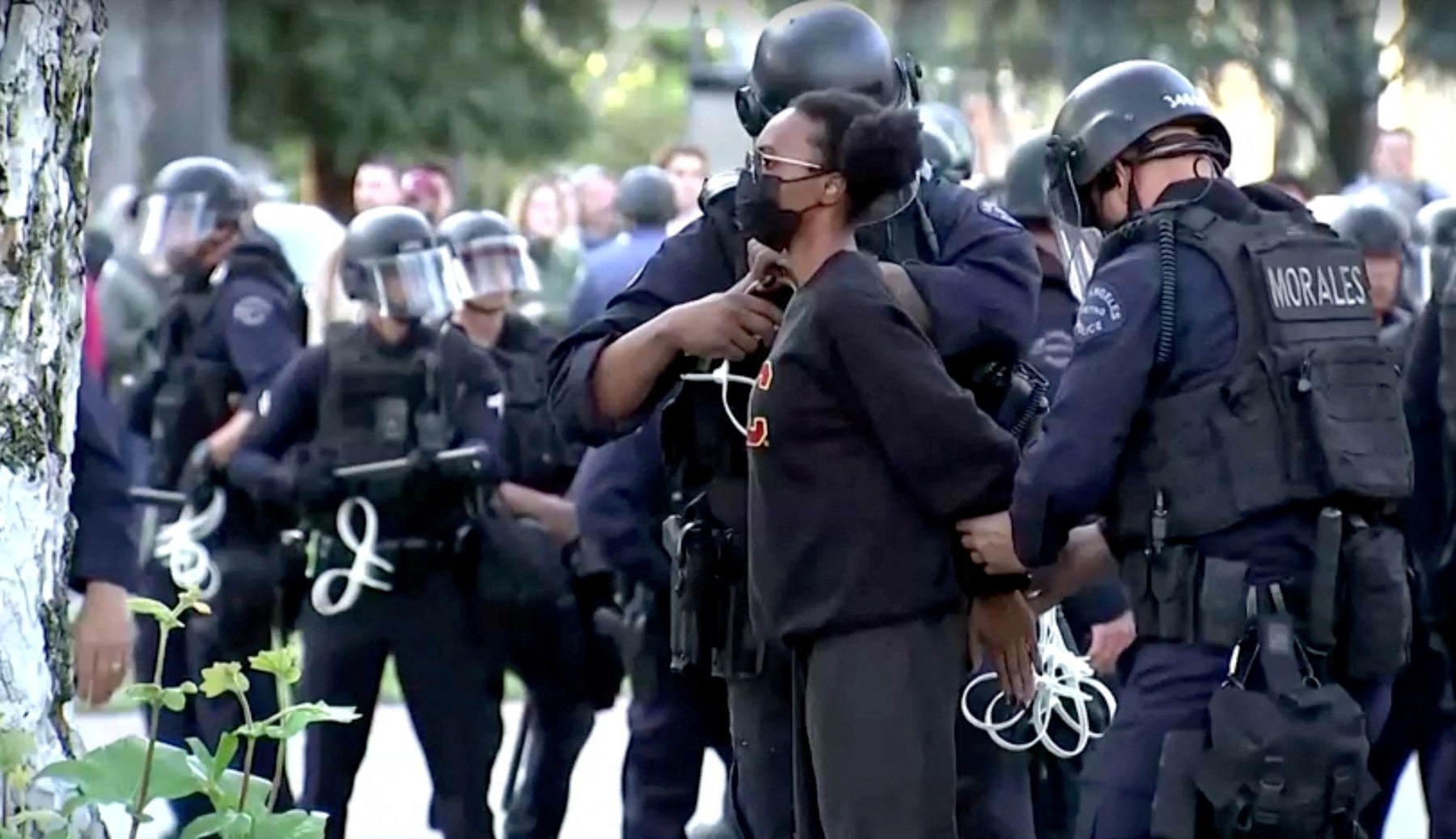The revised law requires government agencies to protect information “that are not state secrets but will cause certain adverse effects if leaked,” state media say.
Chinese lawmakers have expanded Beijing's state secrets law for the first time since 2010, expanding the scope of sensitive information restricted to “work secrets,” according to state media.
China's top legislature approved the revised Law on the Keeping of State Secrets on Tuesday and it will come into effect from May 1, the Xinhua news agency reported.
Analysts say the expanded law is further evidence of Chinese President Xi Jinping's increasing focus on national security. This has already led to a sweeping update of Beijing's anti-espionage law last April, which some countries fear could be used to punish regular business activities.
Last year's raids by Chinese police on several management consultancies, including Mintz Group and Bain & Co, have raised concerns among the foreign business community in China. A Japanese pharmaceutical executive has also been detained in Beijing on spying charges since last March.
Currently, state secrets involve areas ranging from government and Communist Party decision-making to military and diplomatic activities, as well as economic development, science and technology.
The updated state secrets law requires government agencies and work units to protect information “that are not state secrets but will cause certain adverse effects if leaked,” Xinhua said.
He added that the rules on the specific management of labor secrets will be published separately, without specifying a date.
The revised law would “strengthen the systematization, comprehensiveness and synergy” of the set of laws relating to national security and state secrets, an anonymous State Secrets Bureau official was quoted as saying by Xinhua.
“This review…has clearly written the [Communist] “The Party's management of secrecy in the law,” the official said, adding that online operators should “cooperate with relevant departments in investigating and dealing with suspected cases of leaking state secrets.”
The legislation also “strengthens” coordination with China's Data Security Law for the management of sensitive data, the official said.
Since last year, the Ministry of State Security has increasingly taken to its official WeChat social media account to warn the public to remain vigilant against foreign espionage efforts.












